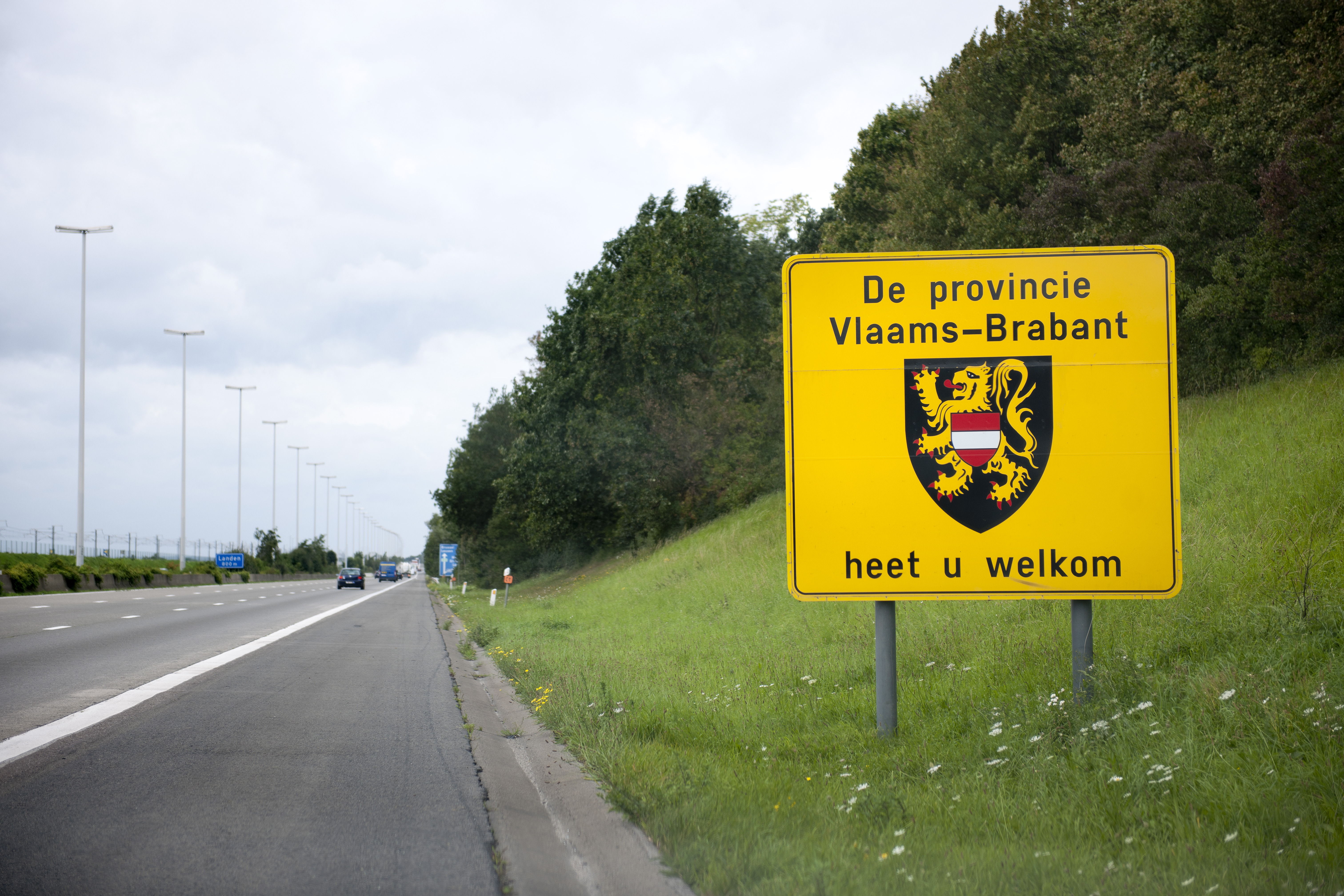Share of French speakers in Brussels periphery increases, study shows

The proportion of French speakers in the Brussels periphery is increasing, but Dutch remains the dominant language. This was shown Friday by the VUB's third Language Barometer for the Brussels Periphery, conducted by the Brussels Information, Documentation and Research Centre (BRIO).
Researchers analysed the language skills of 2,273 inhabitants from the 19 peripheral municipalities surrounding the capital. They recorded a sharp increase in diversity with 104 spoken languages, compared to 87 in 2019 and 75 in 2014. This puts it on a par with Brussels.
Researchers also found that the proportion of French speakers continues to increase in the Brussels periphery. More than half of the inhabitants who know French well have acquired the language from home, an 8 per cent increase in five years, while the proportion of Dutch speakers brought up with that language has fallen slightly.
Dutch remains dominant
However, Dutch is still spoken by the most people at home, although that percentage is declining: 37.7 per cent exclusively speak Dutch at home, compared to 45 per cent five years ago. This is offset by the a growth in the number of residents who have both Dutch and French as their home language.
In formal contexts, such as municipal administrations and in the workplace, Dutch also remains the most commonly used language, although multilingualism is on the rise in professional settings.
"This calls for more customisation and a more differentiated language and integration policy at municipal level"
The proportion of residents who speak only French at home also rose slightly, from 20 per cent in 2019 to 23 per cent now. Other languages commonly spoken are English, German and Spanish.
As a result, the researchers call for a differentiated language policy. "Language diversity is increasing enormously fast driven by relocation movements from Brussels," says researcher Mathis Saeys. "This calls for more customisation and a more differentiated language and integration policy at municipal level."
#FlandersNewsService | © BELGA PHOTO
Related news
